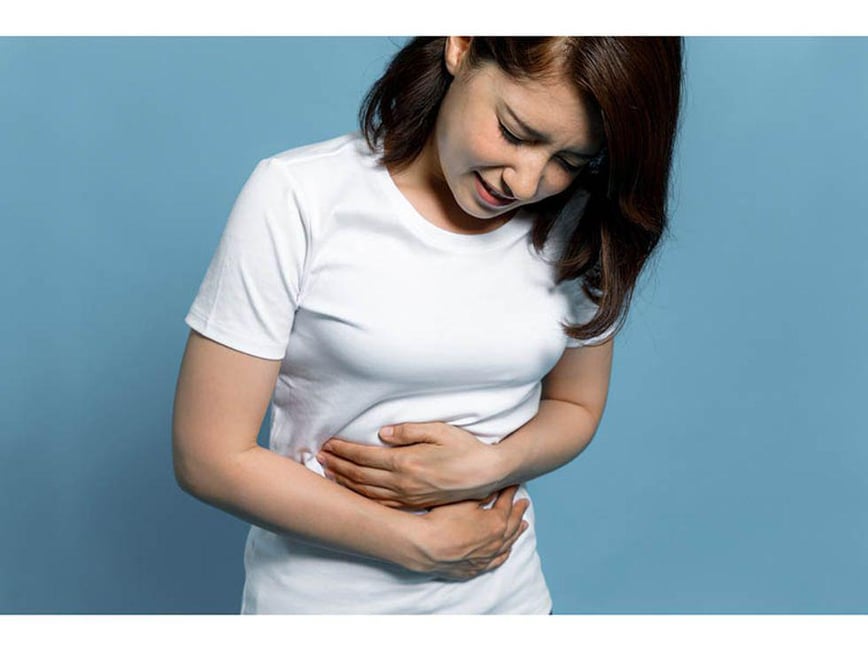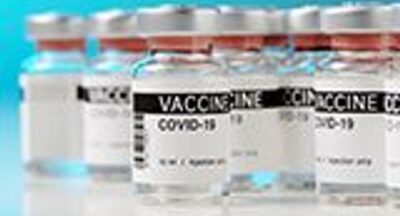Pelvic Floor Pain May Impact Subjective Outcome Measures in Cystitis

TUESDAY, March 7, 2023 (HealthDay News) -- Pelvic floor myofascial pain (PFMP) is not associated with bladder conditions among women with interstitial cystitis or bladder pain syndrome (IC/BPS), according to a study recently published in Pain Physician.
Wan-Ru Yu, from Buddhist Tzu Chi Medical Foundation in Hualien, Taiwan, and colleagues explored the relationship between PFMP and treatment outcomes in 65 women (mean age, 57 years) with IC/BPS. Vaginal digital examination was performed at baseline; the visual analog scale was used to quantify PFMP severity.
The researchers found that patients with more severe PFMP had a significantly higher rate of dyspareunia, more comorbidities, a higher number of PFMP sites, and a higher O'Leary-Sant symptom score. There was no significant correlation between PFMP severity and bladder conditions, measured subjectively or objectively. There was a significant negative association observed between PFMP severity as measured on a visual analog scale and the Global Response Assessment score.
"PFMP might affect the subjective results of IC/BPS treatment but not the bladder condition," the authors write. "Therefore, in the future treatment of patients with IC/BPS, digital vaginal examinations of pelvic floor muscles should be performed and focused more on the PFM-related conditions, and necessary PFM treatments, such as the vaginal pelvic floor muscle massage, should be scheduled."
Abstract/Full Text (subscription or payment may be required)
Related Posts
Adverse Events Detailed for Teen COVID-19 Vaccination Program
FRIDAY, April 21, 2023 (HealthDay News) -- For adolescents aged 12 to 17 years,...
First U.S. Monkeypox Death Confirmed in California
TUESDAY, Sept. 13, 2022 (HealthDay News) -- Monkeypox was the cause of death in...
U.S. to Send 500 Million COVID-19 Vaccine Doses to Countries Desperate for Shots
THURSDAY, June 10, 2021 (HealthDay News) -- The United States plans to purchase...
“Atlas de células cerebrales humanas” brinda nuevas perspectivas sobre la salud y las enfermedades cerebrales
VIERNES, 13 de octubre de 2023 (HealthDay News) -- Después de un esfuerzo...

